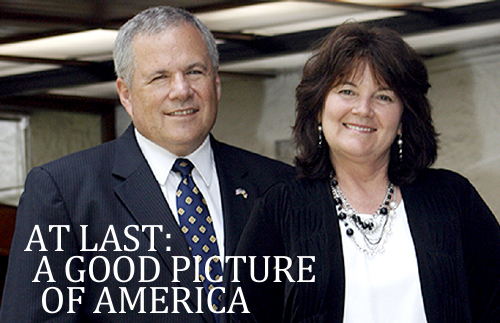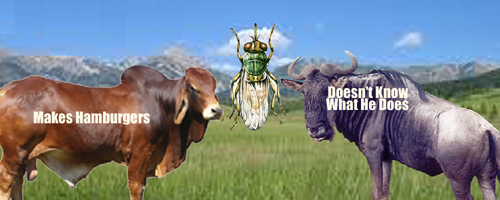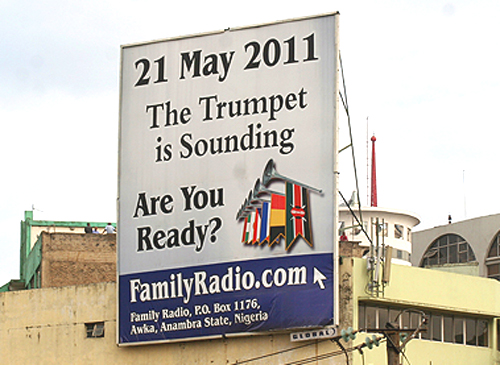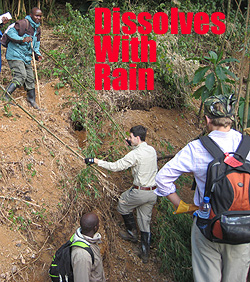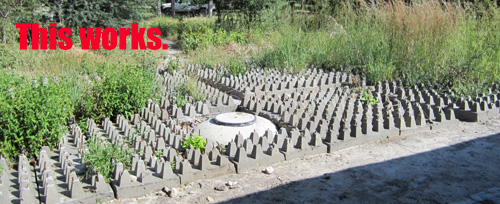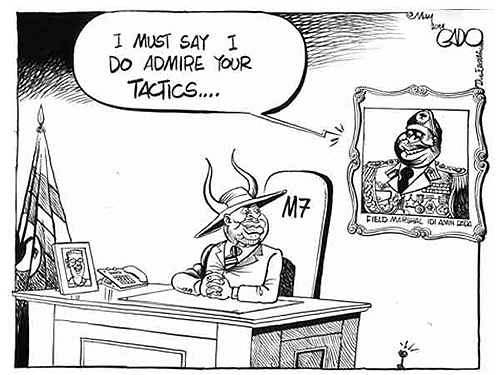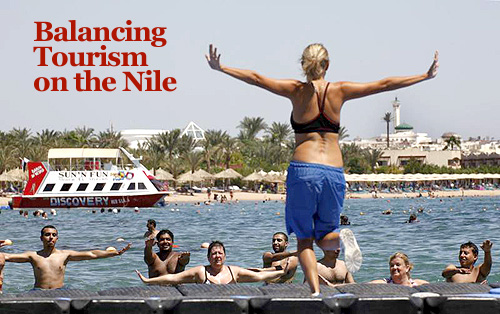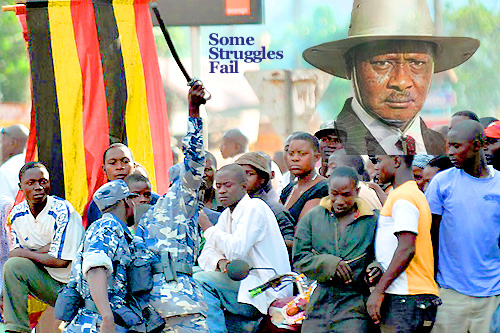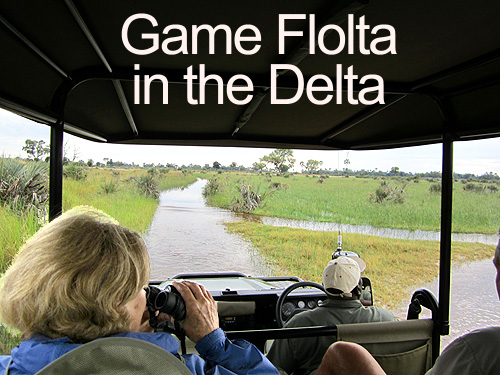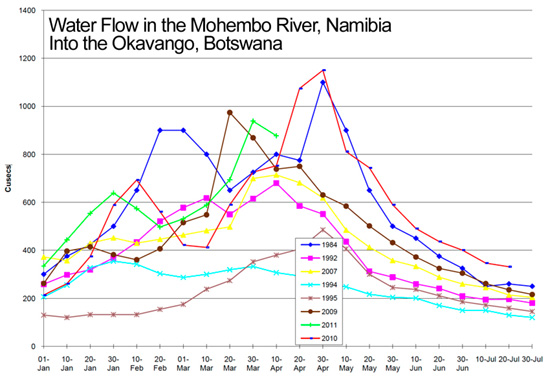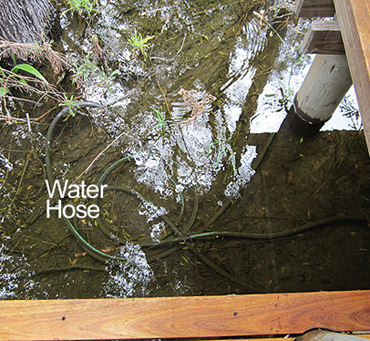Linda asks: We are going to Kalahari Plains for 2 nights and Okavanga Delta for 5. When is the best time to go? Is late April, early May too cold at night and early morning game drives? Were originally thinking end of Jan but concerned about
rain.
Dear Linda,
You have chosen the perfect time to go! Don’t change! Travelers often get discouraged by measuring “high” and “low” seasons, “dry” and “rainy” seasons, but both metrics are usually a bad way to help you plan your trip. To be sure they should be considered, but should be given far less of importance than normal. Let me explain.
“High” season and “low” season reflect rates that are market driven. It’s more expensive to go in the high season than low season, because more people want to go then and the demand is greater. But that hardly makes it the best time to go. Consider that the highest season throughout the year is the end of December, virtually everywhere, whether you are at the bottom of the world, the top of the world, or on the equator. So it has nothing to do with season or weather, just when people travel. So never get turned off by the fact you’re considering travel during a “low season”, which is exactly your case for your upcoming trip. Being able to travel in a low season means you’ll get better rates and encounter fewer crowds.
When tourism first began in Africa, it was very difficult to travel during any rainy season. This was because there were few tracks, and those that existed were poorly maintained, and because there were not really vehicles made for safari travel per se. So they did really badly in the mud. That changed more than 20 years ago, but the copying of old brochures into new ones didn’t. I actually prefer traveling during the rains practically everywhere in Africa, because the veld is fresher and less dusty, and the landscapes are far more beautiful. It is usually when there are the most baby animals, too, because nature organizes births during times of plenty. There are advantages to the dry season, too, in terms of animal viewing. The veld is more stressed, so predation is easier to encounter. But my personal preference is the “green season.”
As for your particular concern about temperatures, you’ve actually got it upside down! The hottest time in southern Africa (their summer) is from November – March, and the coldest time is (their winter) from May – August. During most of March and April in Botswana, day time temperatures will be in the eighties and night time lows in the lower sixties. So while I think January — your original date — would be fine, it will be quite hot, touching or exceeding 100 F. (Remember that the great site, weatherunderground.com, has fabulous historic weather data, even for places like Botswana, so that you can check out what the weather was like this year on the dates you plan to travel.) June, July and August in Botswana is freezing! Don’t wait until then if you’re worried about temperatures.
One caution. Global warming has increased the wetness of the world all over the planet. The Okavango Delta is flooding more than ever. Some camps were actually flooded out this March, so check carefully before booking. Ask the specific question, what happened to your camp this March?
So you’ve made the right choice! Don’t be dissuaded!
Regards,
Jim
